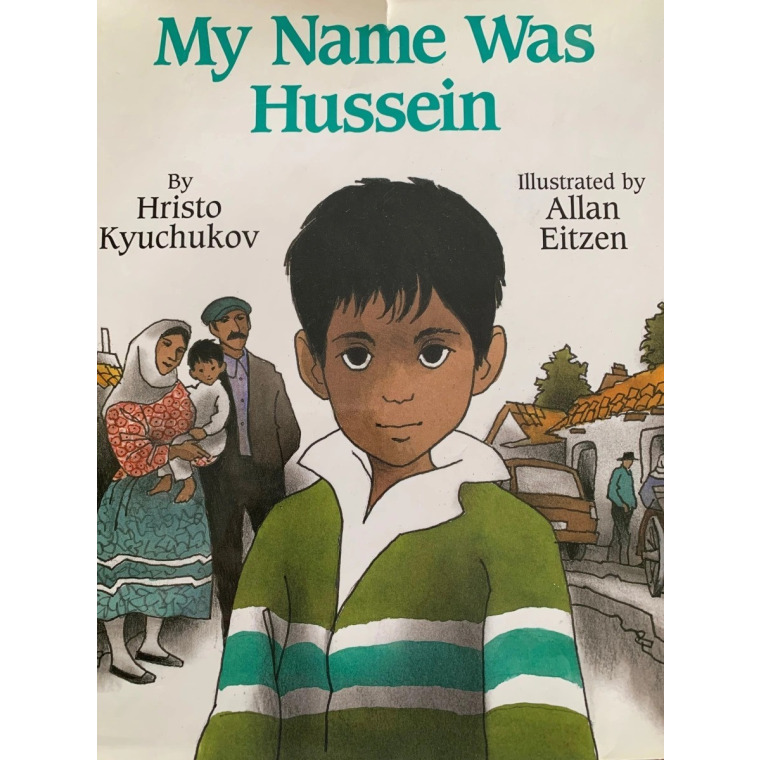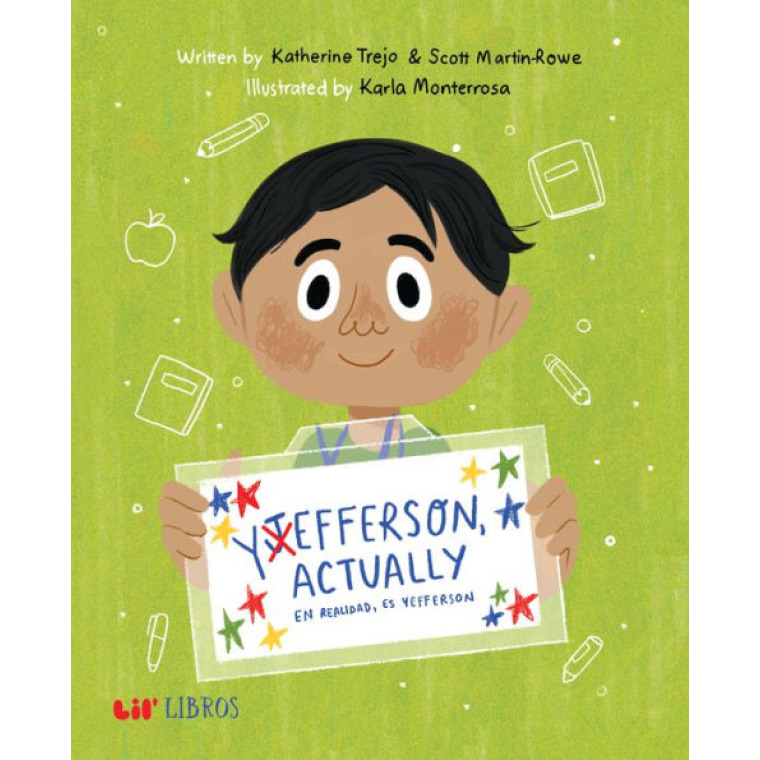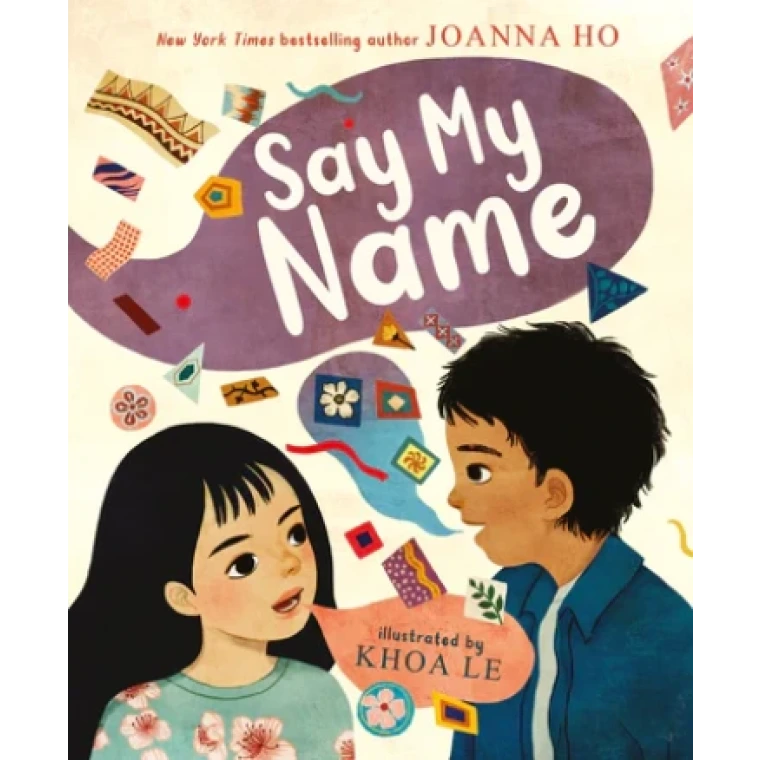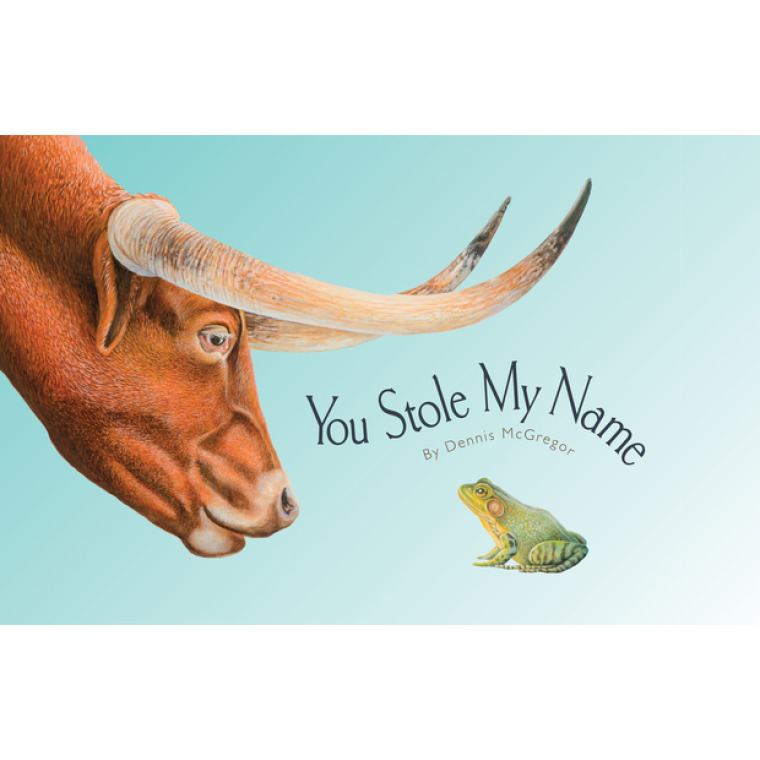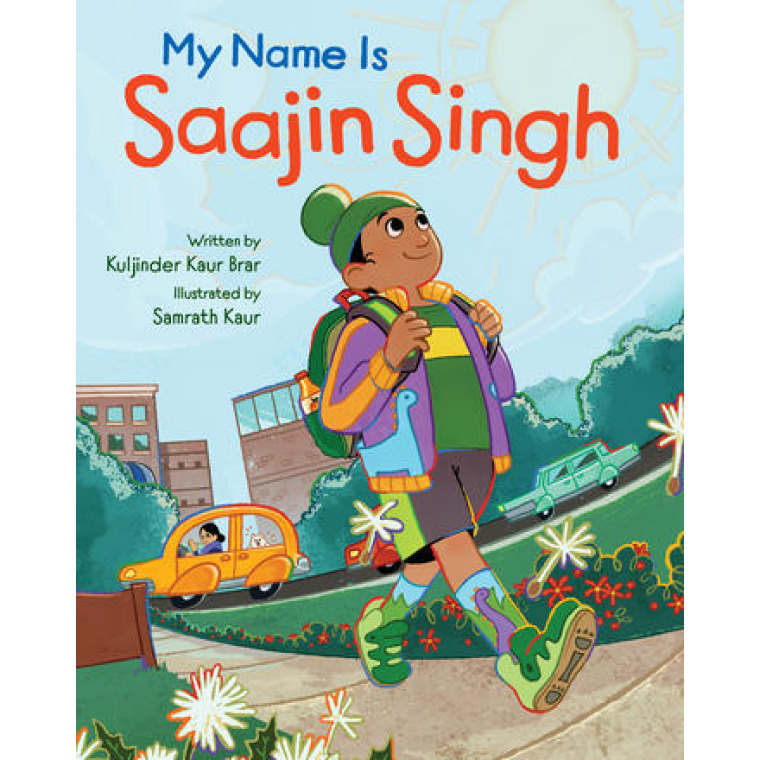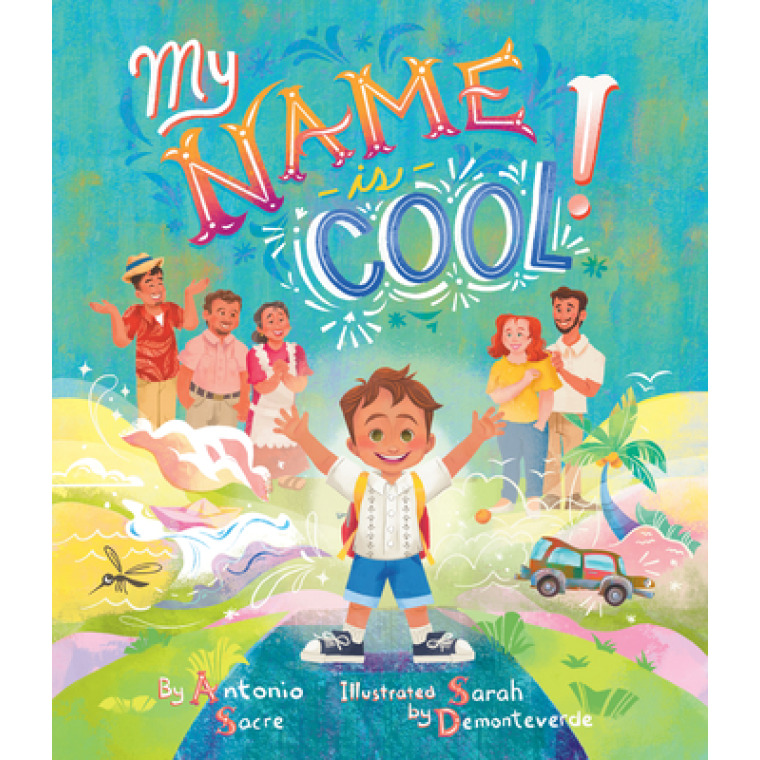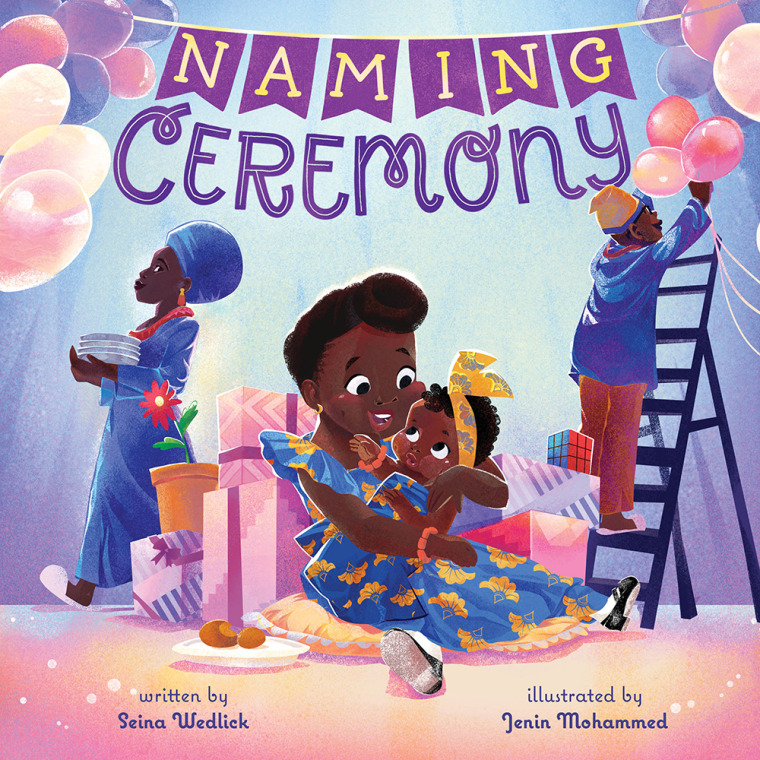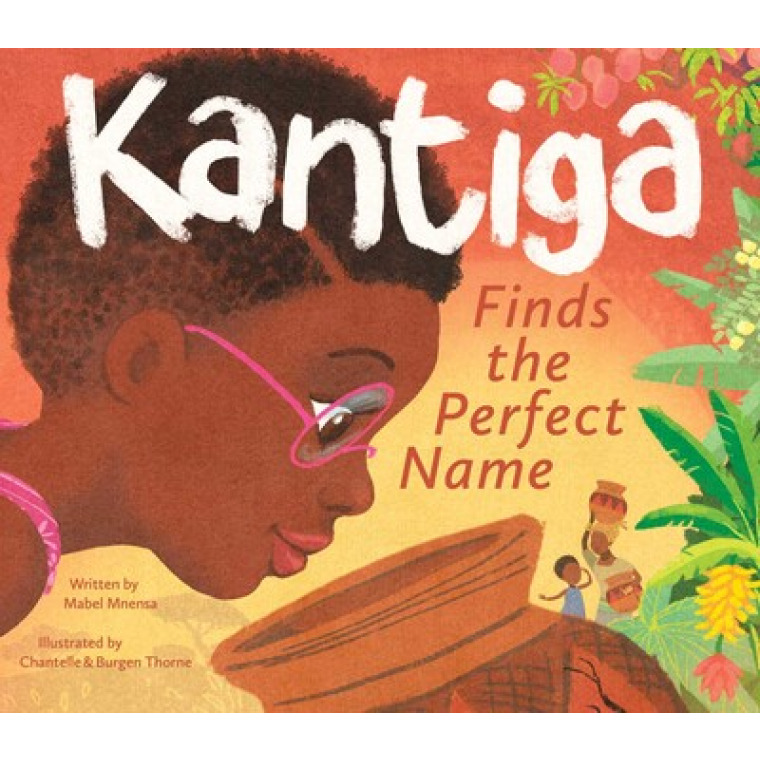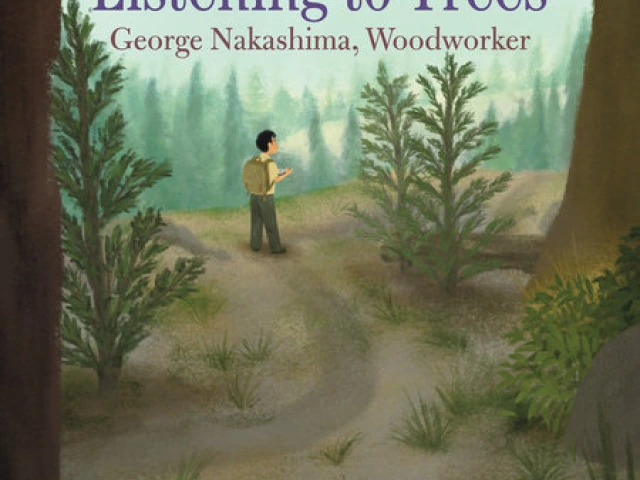WOW Dozen: Multiple Perspectives on Names and Naming
People's names are one of the foundational building blocks of identity. Whether it is a name we are given or one that we choose for ourselves, names can carry multiple layers of meaning, including culture, history, connections to heritage and family, or an expression of personality. In addition to the names of people, names of animals, plants, and other things can also carry historical and cultural meanings.
Most people have more than one name: a legal first name, one or more middle and last names, nicknames (sometimes multiple) given to us by family or friends, and usernames associated with social media accounts. In addition, many people have a religious name and/or a traditional name connected to their culture. There may be specific naming practices or rituals within cultures or groups and names may change, voluntarily or involuntarily, at different stages of life such as adoption, coming of age, or marriage.
The historical origins of our names are often lost. However, we know that many surnames developed from the occupations people practiced, so, for example, someone with the last name Miller probably had a long-lost ancestor who operated a mill. In some cultures, names can show lineage like in many Nordic countries where a person's surname is based on their father's first name and a suffix that indicates gender. In the United States after the Civil War, many former slaves took surnames from their enslavers or from significant historical figures they admired. More recently, African Americans in the United States often give their children African or Afrocentric names to show pride and connection to their heritage.
While people's names are intensely personal, they are sometimes controlled by political or national forces. For example, some countries have lists of approved names for new babies. There have also been times when minoritized groups have been forced to change their names as part of assimilation into a mainstream culture.
Many children enjoy exploring the story and meaning behind their names. What does their name mean? How did they get their name and why was that particular name chosen? What nicknames do they have and how did they acquire them? This exploration can be broadened to examine other types of names such as the names of animals, plants, planets, elements, and other objects. Who named the different types of clouds and why were those names chosen? Where do the names of the stars come from?
There are many children's picturebooks about names and naming. This list could easily be three dozen books long! However, in keeping with the format of this blog feature, what follows is one dozen global or multicultural picturebooks chosen with the goal of providing a wide variety of approaches and perspectives on the topic of names and naming.
WOW Dozen features a list of 12 global books for children and adolescents around a theme, topic, issue or personal favorites. Each Dozen consists of ten newly-published titles with two older "must have" books. Please share or recommend additional books that fit the theme in the comments section or on social media using #WOWDozen. Use the printer icon in the upper left corner of this post to print or save this list as a PDF.

